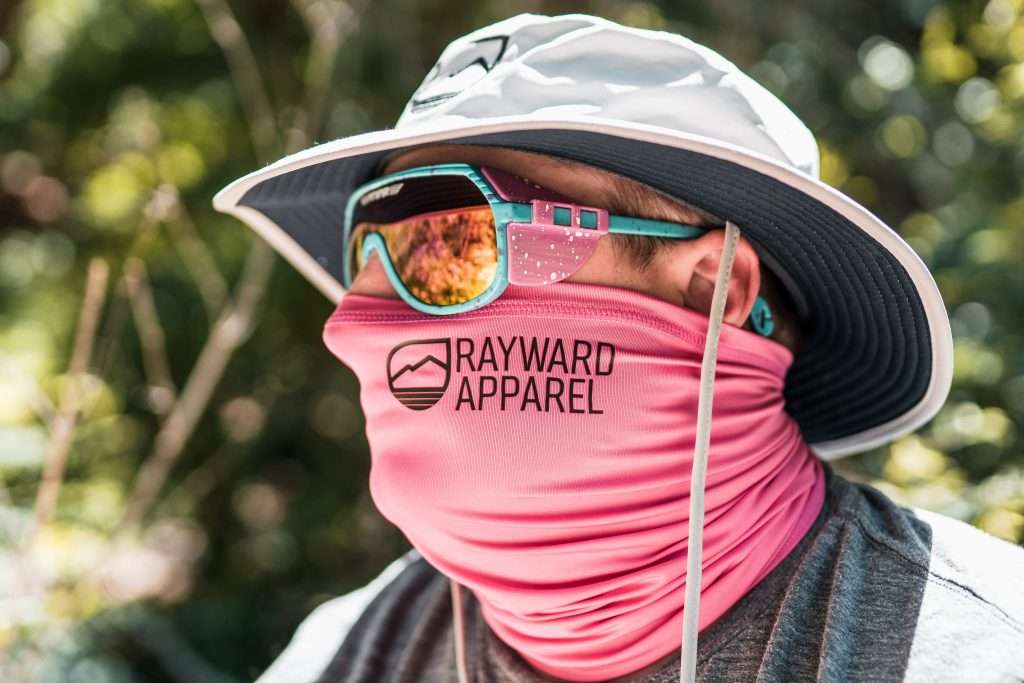What Is Actinic Keratosis? And Will UPF Apparel Help?

Actinic keratosis is not technically skin cancer, but is one of the most common pre-cancer signs. Like skin cancers, actinic keratosis is caused by exposure to UV radiation.

What Does It Look Like:
It may vary in appearance, but some of the most common signs are:
- A small rough or dry patch of skin
- Usually smaller in diameter than the approximate diameter of a quarter (about 1 inch)
- Flat or slightly raised
- Might be itching, crusting, or bleeding
- A noticeably different color than the surrounding skin
- Often found on head, face, and neck – areas where you experience the most UV exposure
What Causes Actinic Keratosis?
Like many skin related cancers and diseases, actinic keratosis is caused by UV radiation. Properly protecting yourself from UV rays will not only help reduce the likelihood of developing actinic keratosis, but other forms of skin cancer as well.
Exposure to UV radiation is cumulative over your lifetime. This means every bad sun burn growing up increases your likely hood of developing a skin cancer as an adult. For that reason it isn’t until adulthood that we see most skin cancers appear, but that doesn’t mean we can’t protect ourselves earlier in life. While actinic keratosis is usually found on people 40 and older, it can also appear on people much younger.
Preventing Actinic Keratosis
- Keep your skin protected. If you’ll be out in the sun, use sunscreen or wear UPF apparel (UV protective clothing). Keep any exposed areas of skin protected from harmful UV rays.
- Find shade, especially between the hours of 10am and 2pm when UV radiation is the most intense. We aren’t recommending you lock yourself indoors, just be smart and make sure you stay protected.
- Don’t go tanning. Never. Tanning beds can cause just as much damage to your skin as the UV radiation from the sun. It’s just not worth it, regardless of how good you think you may look afterwards.
- Do monthly skin checks. Know the ABC’s of skin cancer to locate suspicious spots and check for any changes monthly. If you find anything unusual, have a dermatologist check it out.
If You Think You Might Have It, See A Dermatologist

Actinic keratosis can look slightly different on everyone. Here at Rayward Apparel we pride ourselves on helping our customers prevent skin cancer with quality UPF apparel, but we are not medical professionals. If you think you might have it, our recommendation is always to see a professional to have it evaluated further. Left untreated it has about a 5-10% chance of developing into squamous cell carcinoma. While that might be a minimal risk, it’s still too high to leave to chance. Getting it evaluated by a dermatologist is always going to be your best bet.
How Rayward Apparel is Helping
All of our products are certified at UPF 30 or greater, providing effective skin protection. In addition to our commitment to high quality sun protective products, we have a vision of helping with the greater good. 5% of all online sales are donated to organizations dedicated to the research and treatment of skin cancers. In addition, we work diligently to help create awareness around the dangers of UV exposure while promoting a more healthy and active lifestyle.







